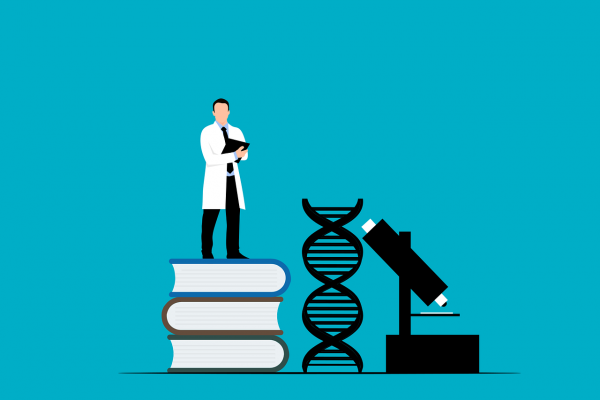
Autoimmune Disease vs Immunodeficiency
The key difference between autoimmune disease and immunocompromised is that an autoimmune disease occurs when the immune system erroneously attacks the normal healthy cells in the body, while immunocompromised occurs when the immune system fails to respond to an infection or disease adequately. The immune system is a biological network of processes that protects
Read more







